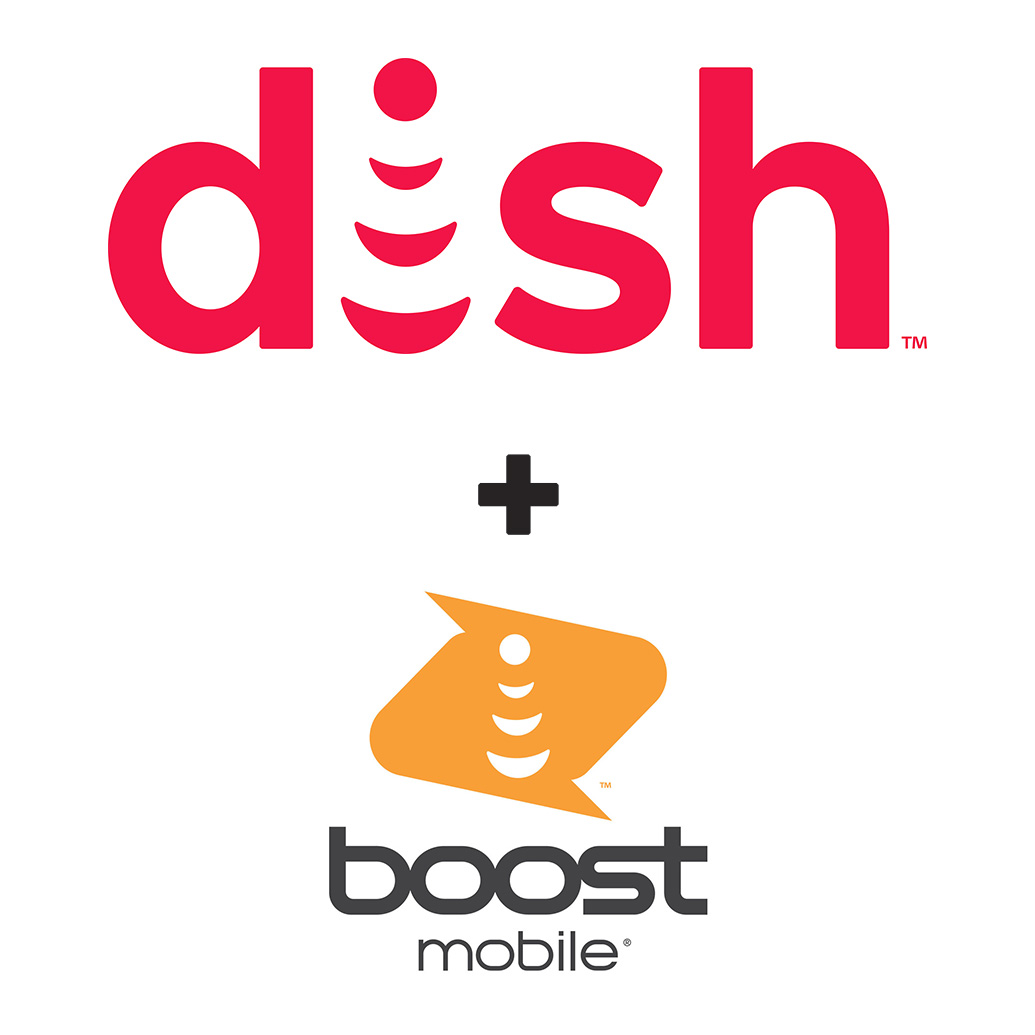Dish’s acquisition of Boost Mobile, Sprint’s prepaid wireless business, is now complete. The Dish Boost acquisition is valued at $1.4 billion and includes more than 9.3 million customers. Dish also gains a seven-year MVNO agreement with T-Mobile that will put new Boost customers on the T-Mobile network as Dish builds its own mobile network.
Additionally, Boost mobile customers will be able to roam on the T-Mobile network in “certain areas” until Dish’s 5G network is built out, according to a T-Mobile press release.
“Boost has begun, and will continue, to activate customers with a compatible device onto the new T-Mobile network, where customers will receive a stronger signal, faster speeds and more coverage,” Dish noted in its own press release.
Boost Goes Retro
Dish also said that it plans to keep the Boost name but has launched a new logo for the service. Also on tap: Dish will bring back a previous Boost mobile offering known as $hrink-It!
The $hrink-It! Offering is designed to reward customers who pay bills on time with price discounts. Prices start at $45 for 15GB per month, and that price decreases by $5 after three on-time payments, and by an additional $5 after six total on-time payments. A Dish/Boost press release notes that Boost previously offered a similar plan in the early 2010s.
Boost also will offer a $35 10GB plan that includes unlimited talk and text.
The Dish Boost acquisition fulfills commitments that Dish and T-Mobile made as a condition of the Sprint/T-Mobile merger. Regulators were concerned that without the divestiture, the merged company would have a too-dominant position in the prepaid market.
After a prolonged negotiation, Dish and T-Mobile reached a deal a few weeks ago.
The merger conditions also required T-Mobile to sell some of Sprint’s spectrum holdings to Dish. Neither the Dish press release nor the release from T-Mobile includes details about that. But the T-Mobile release does note that “In connection with the closing of the Dish transaction, T-Mobile, Sprint and Dish entered into certain other ancillary agreements, including a spectrum purchase agreement.”


